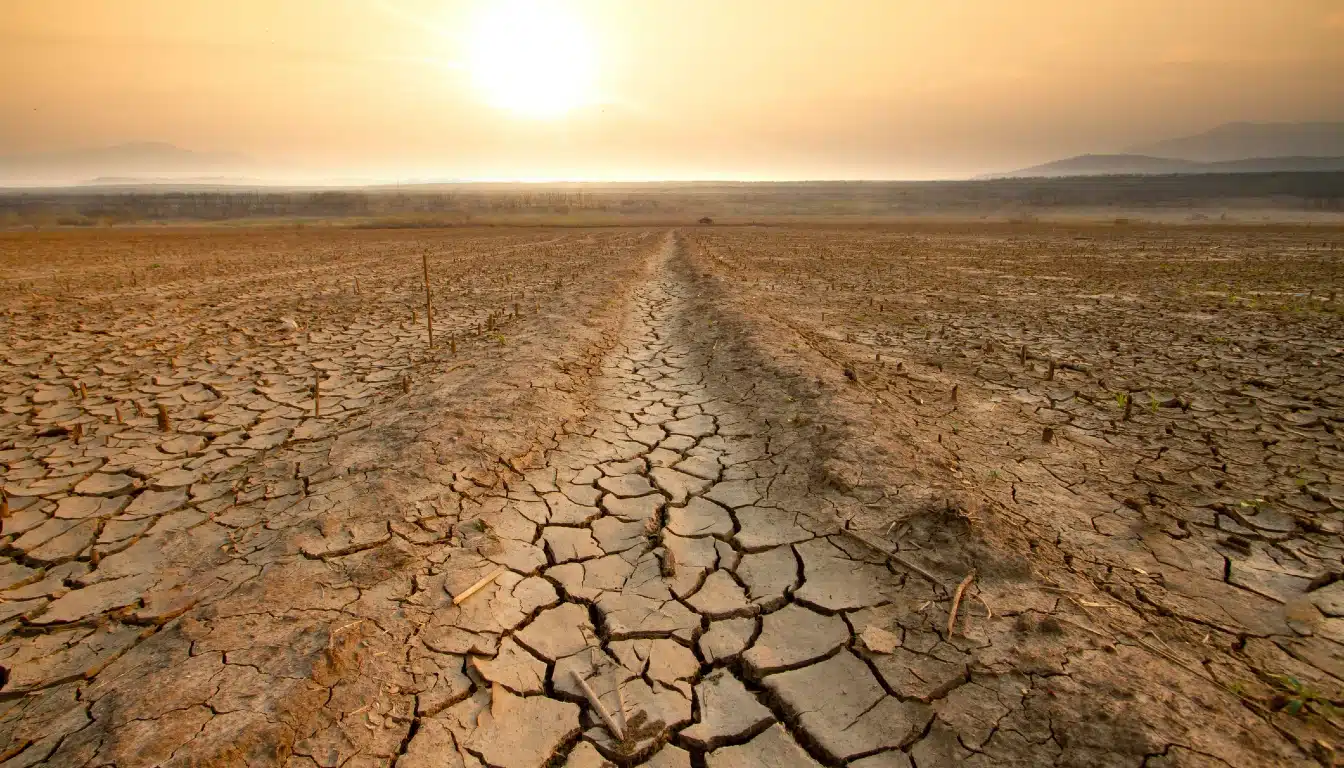This week’s developments in climate policy and finance show widening gaps between ambition and delivery. Brazil is pressing for new global coalitions on forests and carbon markets, while courts in the U.S. weigh the fate of green grants. Investment flows continue to rise globally, but with stark regional imbalances.
U.S. appeals court backs EPA in $16 billion green grants dispute
A U.S. appeals court ruled that litigation over $16 billion in Greenhouse Gas Reduction Fund grants belongs in the federal claims court, overturning an earlier block on the programme, according to AP News.
The ruling affirms the EPA’s authority to reconsider how funds are distributed. Environmental groups criticised the decision for prolonging uncertainty, while grant recipients say delays could stall urgently needed community-level clean energy projects. Nonprofits plan further legal action to press for release of funds.
Brazil launches $125 billion tropical forests financing plan
Brazil has proposed a $125 billion “Tropical Forests Forever Facility” to support conservation across rainforest nations. The initiative uses blended finance to channel long-term, low-cost capital into preserving tropical forests, according to Financial Times.
Eligible countries would earn fixed payments per hectare of forest preserved, with at least 20 percent earmarked for Indigenous and local communities. Brazil hopes to secure annual conservation disbursements of about $4 billion, but delivery depends on donor commitments, investor appetite, and whether credit rating agencies view the mechanism as credible.
COP30 finance goal badly off track with only 4–5 percent pledged
Experts warn that just 4–5 percent of the $1.3 trillion climate finance goal for COP30 has been pledged so far, according to Times of India. The shortfall highlights the challenge of mobilising resources for both mitigation and adaptation by 2030.
Analysts say industrialised countries must accelerate commitments and reform mechanisms to channel private capital more effectively. Without a major increase, developing nations risk being left without the resources to adapt to worsening climate impacts.
Brazil pushes global carbon pricing coalition ahead of COP30
Brazil is also seeking to align carbon pricing systems internationally before hosting COP30 in Belém next year, according to Financial Times. The proposal would reduce trade frictions between markets such as the EU’s Carbon Border Adjustment Mechanism and China’s emissions trading system.
The plan envisages channeling revenues from carbon fees into global climate finance. However, European industry groups worry about competitiveness, and U.S. resistance remains likely. The initiative reflects Brazil’s push to influence the global climate finance agenda as COP host.
Republican attorneys general sue over “climate cartel” claims
Twenty-three Republican attorneys general have filed a lawsuit accusing the Science Based Targets initiative and CDP of anticompetitive behaviour, calling them a “climate cartel,” according to Wall Street Journal.
The lawsuit alleges that companies are being coerced into setting climate targets and disclosures that distort competition. Supporters of the initiatives say they provide consistent, science-based frameworks for corporate climate accountability. The case could set a precedent for how voluntary disclosure regimes operate in the U.S.
DOE climate science report faces strong rebuttal
Over 80 climate scientists have issued a detailed rebuttal to a Department of Energy report that downplays the role of greenhouse gases in extreme weather, according to Axios. They argue the report misused scientific data and ignored consensus findings from international research.
The controversy comes amid efforts by the administration to roll back federal climate regulations. Researchers warn that undermining the credibility of official climate assessments could weaken the evidence base used for policymaking and court decisions.
China to expand sectoral caps in national carbon market by 2027
China plans to introduce sector-specific emissions caps into its national carbon trading system starting in 2027, according to Reuters. The current market covers the power sector, but the expansion will add heavy industry and other sectors.
The reforms aim to increase market efficiency and environmental integrity by tightening the link between allowances and real reductions. Analysts see the move as a significant step in aligning China’s carbon market with international systems.
Apple loses lawsuit over misleading carbon-neutral claims
A court has ruled that Apple misled consumers with claims of carbon neutrality linked to a tree-planting project in Paraguay, according to Reuters. Judges found that marketing overstated the climate impact of the offsets.
The decision adds to growing legal scrutiny of corporate green claims. Regulators and campaigners are stepping up efforts to ensure environmental marketing is based on verifiable outcomes, a shift that could reshape corporate ESG communications.
Global clean energy investment tops $2 trillion, Africa lags
Global investment in clean energy exceeded $2 trillion last year, but Africa captured only a small share, according to UNFCCC. Most capital flowed to advanced economies and Asia.
The disparity highlights a persistent challenge in mobilising finance for vulnerable regions with growing energy demand. UN officials stress that adaptation and renewable investment in Africa must increase if global climate goals are to be met.
Green Climate Fund approves $1.225 billion for new projects
The Green Climate Fund board has approved $1.225 billion for projects ranging from renewable energy to climate resilience, according to GCF. The decision also included reforms to accreditation processes and a call for regional office proposals.
The approvals mark progress in strengthening global climate finance flows. However, the fund remains under pressure to accelerate disbursement and demonstrate impact ahead of COP30.




